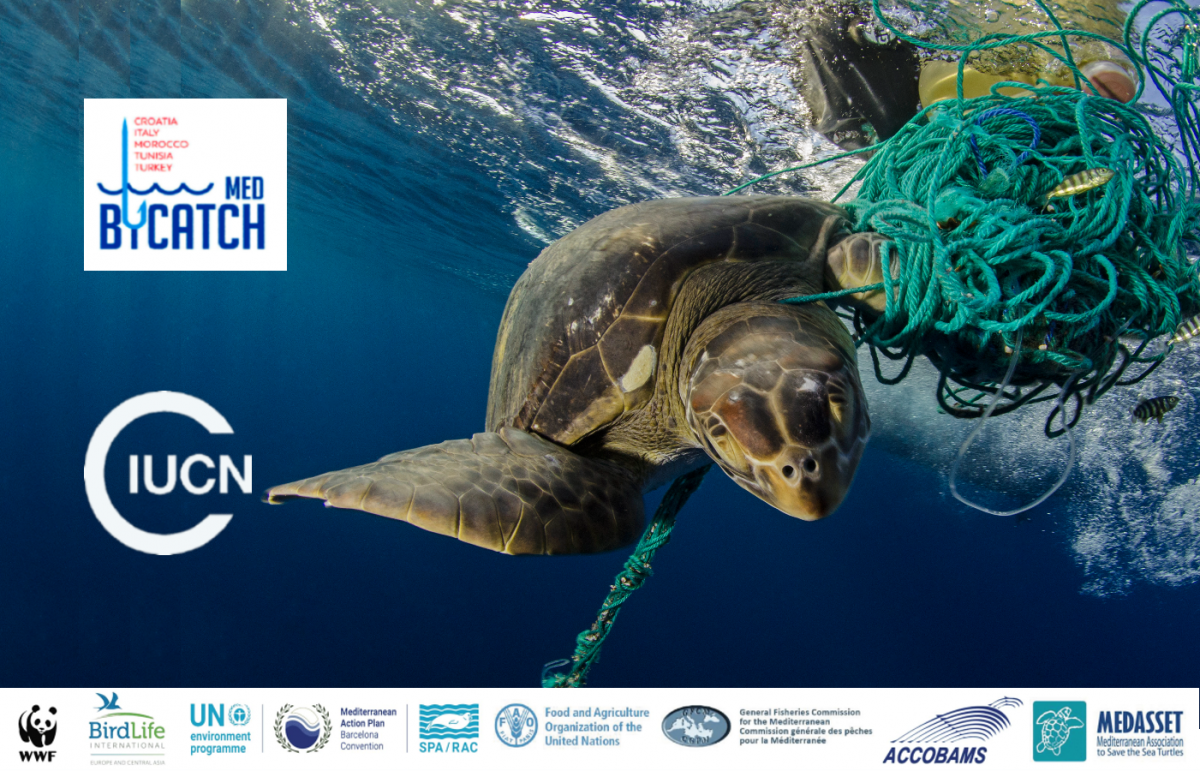Ocean carbon central to climate challenge
World leaders should recognize the immense potential of the ocean to reduce global warming by capturing carbon, if we are to avoid a serious climate crisis.
That’s the advice of a ground-breaking IUCN partnership report, The Management of Natural Coastal Carbon Sinks, launched today at the climate change and protected area summit in Granada, Spain. The first in-depth study revealing the latest science of marine ecosystems, such as seagrass meadows, mangroves and salt marshes, shows that they have a much greater capacity to progressively trap carbon than land carbon sinks, such as forests.
“The current loss of two-thirds of seagrass meadows and 50 percent of mangrove forests due to human activities, has severely threatened their carbon storage capacity and is comparable to that of the annual decline in the Amazon forests,” says Dan Laffoley, Marine Vice-Chair of IUCN’s World Commission on Protected Areas and lead author of the report. “Urgent international action is needed to ensure that coastal marine ecosystems are fully recognized as critical carbon sinks and properly managed and protected.”
The IUCN report, supported by Natural England, The Lighthouse Foundation and UNEP, and compiled by leading scientists in this field, provides the latest evidence of the ocean’s ability to store carbon and the role each of these marine ecosystems play in reducing the negative effects of climate change. It offers specific policy guidelines about how to include management of marine carbon sinks in international and national reduction strategies.
“While there have been a lot of discussions about major carbon sinks on land such as forests, we have not heard much about the missing sinks of carbon in the oceans. The marine world not only regulates our climate, supplies essential goods and services, but also helps us tackle climate change,” says Carl Gustaf Lundin, Head of IUCN Global Marine Programme. “Decision-makers at national and international level will have to look at policies and financing mechanisms for protection and management of our oceans, and this report is the best starting point.”
The potential of mangroves, salt marshes and sea grass meadows to store carbon can be ensured through a number of management approaches such as Marine Protected Areas, Marine Spatial Planning, area-based fisheries management techniques, regulated coastal development and ecosystem restoration, according to the report.
Spokespeople:
• Dr Dan Laffoley, Marine Vice-Chair, IUCN’s World Commission on Protected Areas,
e dan.laffoley@naturalengland.org.uk
• Carl Gustaf Lundin, Head, IUCN Global Marine Programme, e carl.lundin@iucn.org
For more information or to set up interviews, please contact:
• Borjana Pervan, IUCN Media Relations Officer, t +41 22 999 0115, e borjana.pervan@iucn.org
To read the full report visit: https://portals.iucn.org/library/node/9423
About IUCN
IUCN, International Union for Conservation of Nature, helps the world find pragmatic solutions to our most pressing environment and development challenges.
IUCN works on biodiversity, climate change, energy, human livelihoods and greening the world economy by supporting scientific research, managing field projects all over the world, and bringing governments, NGOs, the UN and companies together to develop policy, laws and best practice.
About Natural England
Natural England is the British government’s independent advisor on the natural environment. Established in 2006 our work is focused on enhancing England’s wildlife and landscapes and maximising the benefits they bring to the public.
For more information contact:
Michelle Hawkins, press officer, 0300 060 1109 / michelle.hawkins@naturalengland.org.uk
For more information about Natural England, visit: www.naturalengland.org.uk





